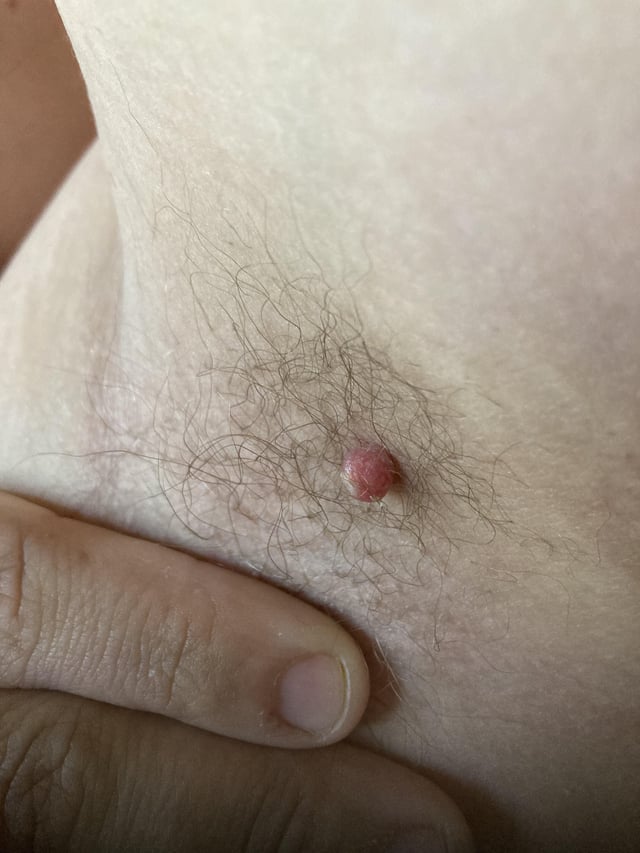Skin tags are small, soft growths that typically appear on areas where the skin rubs against itself or clothing. These harmless lesions are especially common in places like the neck, armpits, groin, and under the breasts. But when they show up under folded skin areas, they can be a bit more challenging to deal with due to their hidden location and the skin’s natural movement. Interestingly, Skin Tag Removal in Dubai Silicon Oasis has gained attention for offering modern solutions for these stubborn, hidden tags.
Understanding Folded Skin Areas
Common Folded Skin Areas
-
Armpits
-
Groin region
-
Under the breasts
-
Abdomen folds (especially in overweight individuals)
-
Behind the knees or elbows
Causes of Skin Tags in Folded Areas
| Cause | Explanation |
|---|---|
| Friction | Continuous skin-to-skin rubbing irritates the surface, promoting tag growth |
| Obesity | More folds mean more skin-on-skin contact |
| Hormonal changes | Common during pregnancy or in people with insulin resistance |
| Genetics | Skin tags often run in families |
| Aging | Skin tags become more frequent with age |
Challenges of Removing Skin Tags in Folded Areas
Removing skin tags under folds is slightly more complex than in exposed areas. Here’s why:
-
Limited visibility: These regions may be harder to reach or see clearly.
-
Increased sensitivity: Skin under folds is typically thinner and more sensitive.
-
Risk of moisture exposure: These areas may stay moist, increasing the chances of irritation or slow healing.
-
Friction post-treatment: Constant movement can irritate the area post-removal.
Skin Tag Removal Treatment Process Under Folded Skin
Here’s a detailed look at how dermatologists typically remove skin tags from folded skin regions:
Skin Examination
The skin is thoroughly examined to determine:
-
Size and number of tags
-
Skin condition and thickness in the area
-
Any signs of infection or inflammation
Cleansing and Numbing
-
The area is cleaned using an antiseptic solution.
-
A local numbing cream or injection is applied to reduce discomfort during the procedure.
Removal Techniques
Depending on the tag’s size and location, one of the following techniques may be used:
| Technique | Best For | How It Works |
|---|---|---|
| Cauterization | Small to medium tags | Burned off using a controlled electric current |
| Cryotherapy | Small tags | Frozen off using liquid nitrogen |
| Excision | Larger or stubborn tags | Cut off using sterile surgical scissors or a scalpel |
| Laser Removal | Multiple or delicate area tags | A concentrated light beam vaporizes the tag |
Aftercare
-
Application of an antibiotic ointment to prevent infection
-
Clean bandaging, especially for moist or mobile areas
-
Instructions to keep the area dry and avoid friction for a few days
-
Improved comfort: Reduces irritation and itching caused by friction.
-
Better hygiene: Folded areas stay cleaner and less prone to bacterial buildup.
-
Enhanced appearance: Boosts self-confidence, especially in intimate or visible regions.
-
Reduced snagging: Tags in folds are prone to catching on clothing or jewelry, which removal prevents.
FAQ’s:
Can skin tags come back after removal?
Yes, while the removed tag treatment won’t grow back, new tags can form if the same friction or skin conditions continue.
Is it painful to remove skin tags in folds?
Most removal methods are performed under local anesthesia or numbing cream, so discomfort is minimal.
How long does healing take in folded areas?
Healing usually takes 5–10 days, but it may take slightly longer in high-friction areas.
Is there a scar after removal?
Scarring is rare, especially if the removal is done professionally and the area is well cared for post-treatment.
Are these removals safe for all skin types?
Yes, most dermatologists tailor their approach based on your skin type and sensitivity.
Conclusion
Skin tags under folds can be a hidden nuisance—but modern dermatological techniques make their removal quick, safe, and efficient. Whether it’s through cauterization, cryotherapy, or excision, treating tags in these sensitive areas requires a precise and thoughtful approach. With proper care and the right method, you can expect clean, comfortable results and minimal downtime.









